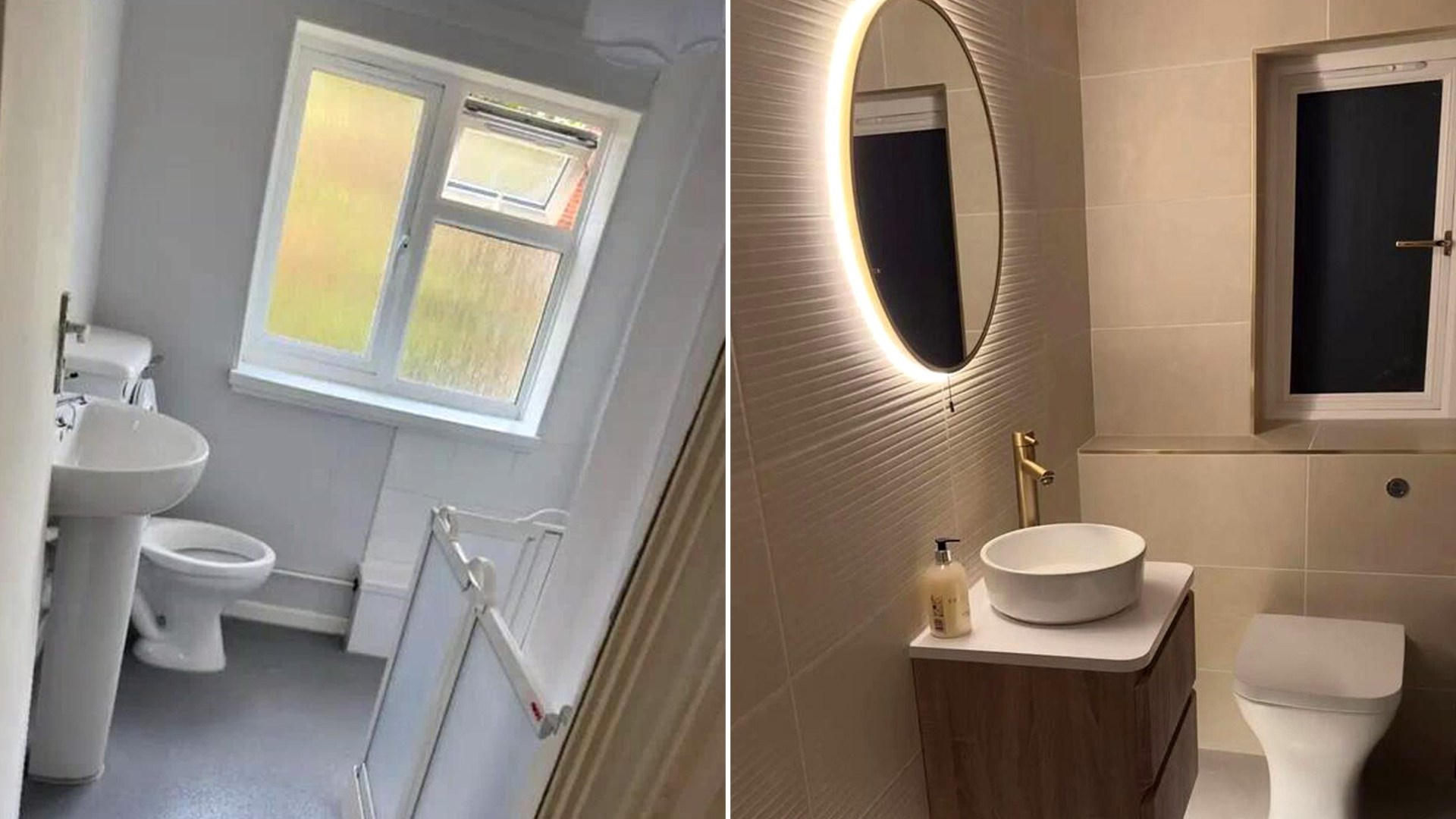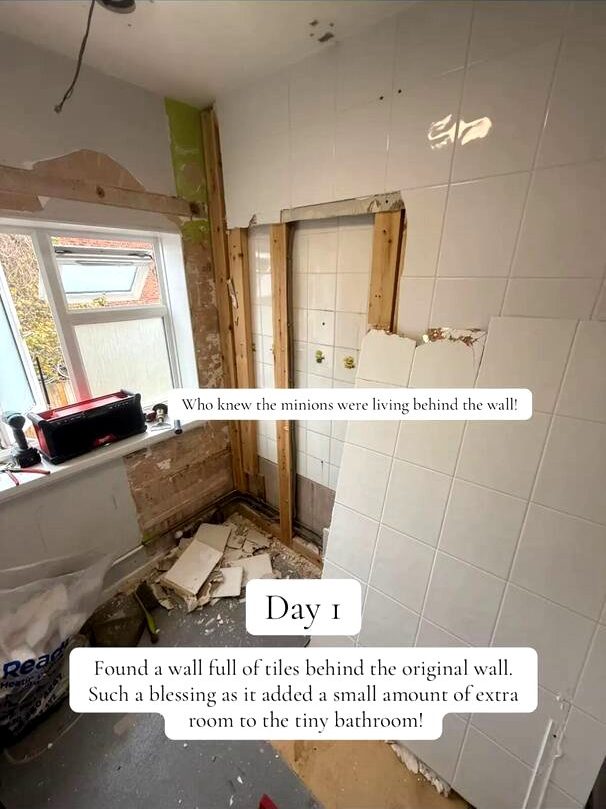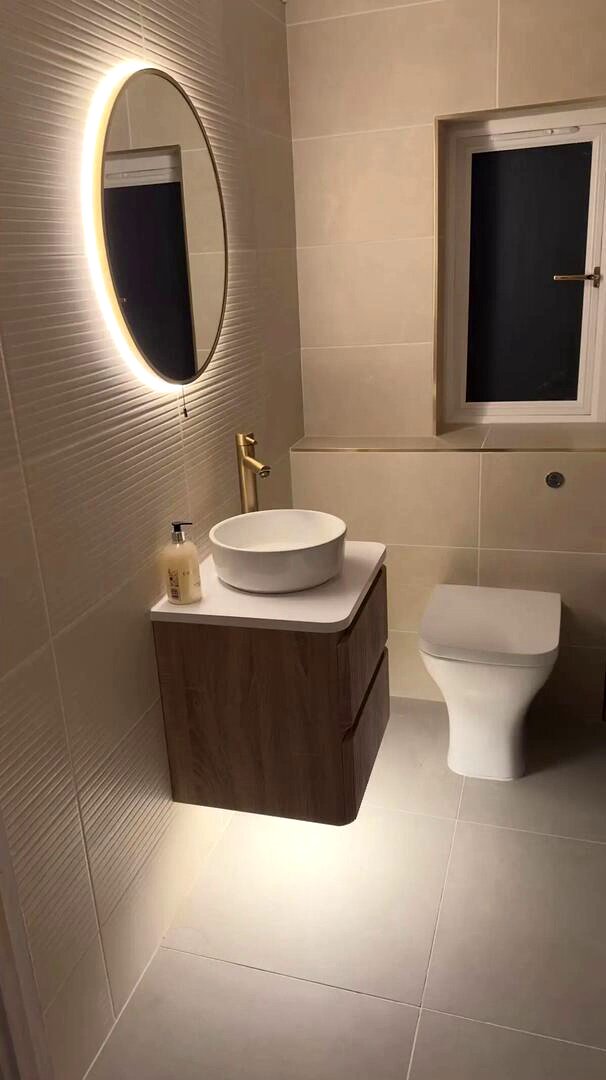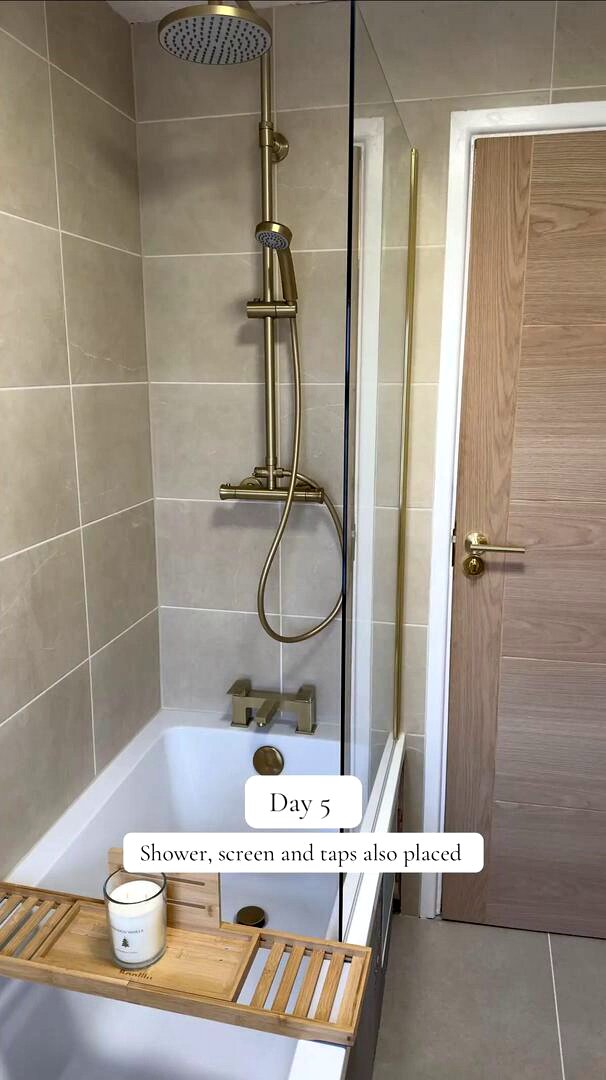A single mum has completely wowed Kiwis online after transforming the bathroom in her recently purchased state house into a swish, hotel-suite-worthy sanctuary. Moving into the property with her young child just three months ago, she embarked on a full renovation and documented the entire process on her TikTok channel, aptly named Hauseofbeige. Her bathroom makeover has since gone viral, racking up over a million views.
The talented content creator managed to whip the space into a modern and comfortable haven in a surprisingly short timeframe of just five days. She revealed that the entire project cost her approximately $6,000 NZD (around £3,000).
In her captions, the creator shared her ambitious vision: "I want my council bathroom to look like a dreamy hotel bathroom, is that possible? Well, if you have a vision… Bring it to life!"
The Transformation Unpacked
The renovation journey involved a rather unexpected discovery: a hidden wall of tiles lurking beneath the existing ones. Once these were removed, it surprisingly opened up a small but welcome amount of extra space in the bathroom.
The extensive work included:
- New Bath Installation: A brand-new bath was fitted, instantly modernising the space.
- Fresh Tiling and Grouting: A clean slate was created with new tiles and perfectly applied grout, giving the bathroom a crisp, contemporary feel.
- Fixture Upgrades: This included the installation of a new toilet, a stylish vanity unit for storage and a basin, a contemporary shower, a sleek shower screen, and modern taps.


Adding a touch of real luxury, ambient lighting was installed behind the mirror. This subtle detail significantly enhanced the sophisticated atmosphere, creating a world of difference from the bathroom's previous state.
Public Acclaim and Cost Breakdown
The response in the comments section has been overwhelmingly positive, with viewers showering the creator with praise. Comments like "This is STUNNING!" and "Looks amazing" flooded in. One user perfectly captured the vibe, exclaiming, "It’s giving rich and expensive."

Further clarifying the project's financials, the content creator explained in the comments that the total cost was "under $8k [£4,000]," and later specified the figure as "$6k [£3,000]." She also shared that she enlisted the help of a plumber and a tiler, thankfully noting that the plumber's services were "free of charge."
For context, according to industry figures, the average cost of a new bathroom installation in the UK can hover around $14,000 NZD (£7,000). This means Hauseofbeige managed to achieve her dream bathroom for less than half the typical price, a remarkable feat.
Navigating Council House Renovations
Naturally, many commenters were curious about the practicalities of undertaking such significant renovations on a property that isn't owned outright. Questions like: "How does it work with a council house? You rent it but you can do it up if you want?" and "Did the council not mind you doing this?? I didn’t know you could change stuff so much" were common.

Legal Considerations for State House Tenants
While such impressive DIY efforts are widely applauded, state house tenants looking to make substantial modifications need to be aware of the legal and procedural requirements.
Generally, tenants can undertake alterations at their own expense. However, it is crucial to obtain written consent from the local council before commencing any work. This is particularly important for structural changes or the installation of major fixtures.
Failing to get the necessary permissions can lead to serious consequences, including being instructed to restore the property to its original condition – all at the tenant's own cost.
Many local councils have established processes for secure tenants to apply for approval for home improvements. Permission is typically granted, but often comes with specific conditions attached. Importantly, councils retain the right to require the removal of any unauthorised alterations if they deem it necessary.
Legislation in the UK, such as Section 101 of the Housing Act 1985 and the Secure Tenants of Local Authorities (Compensation for Improvements) Regulations 1994, provides a framework for tenants to potentially claim compensation for qualifying improvements they have made lawfully, once their tenancy comes to an end.
Adding a final touch to her budget-friendly makeover, Hauseofbeige mentioned that she received a $200 NZD ($100) DIY voucher when she moved in, which she put towards her home improvement costs.


No comments:
Post a Comment